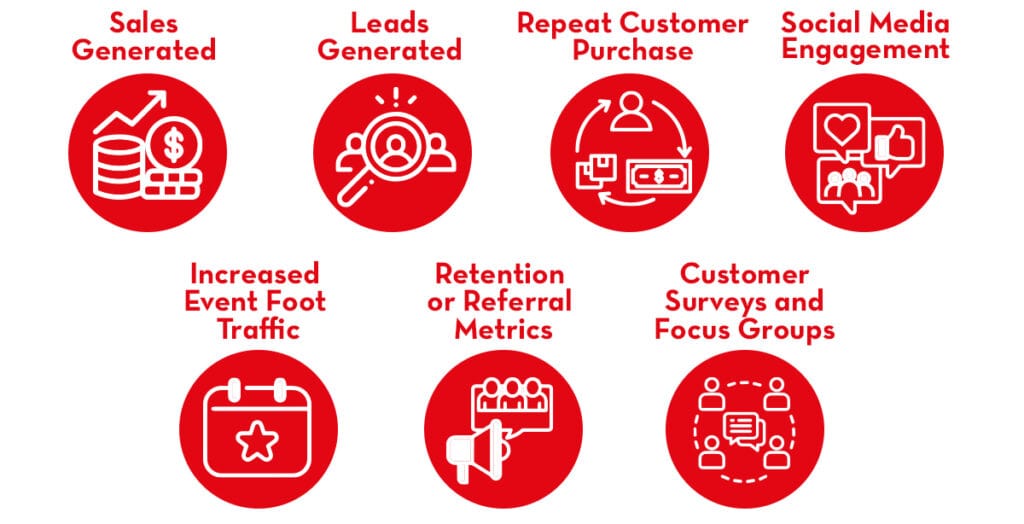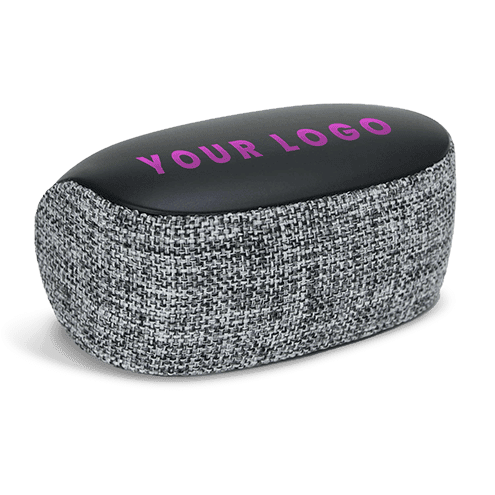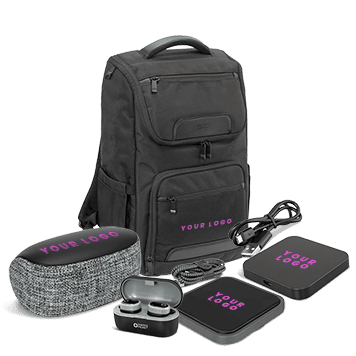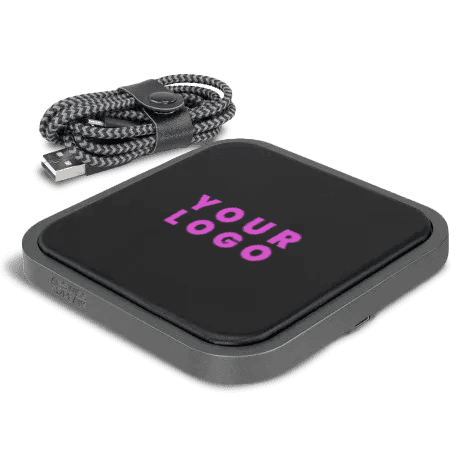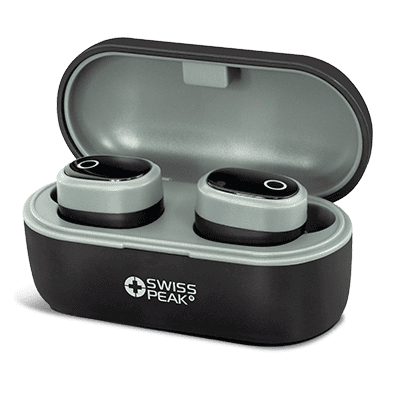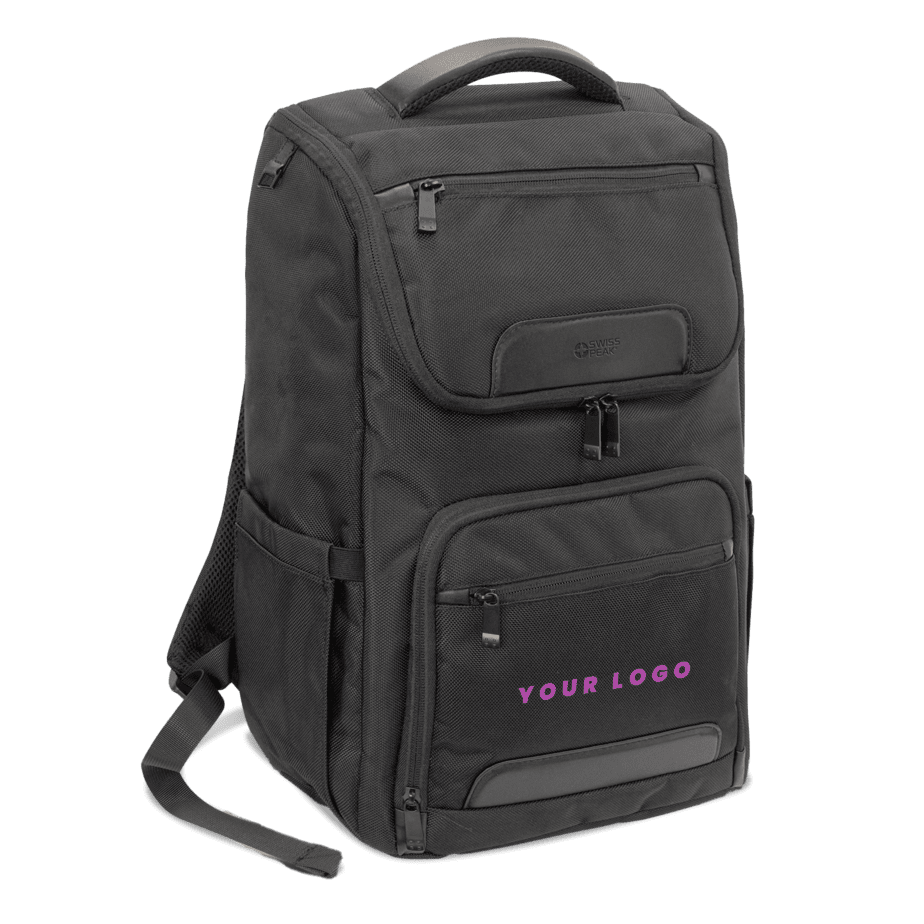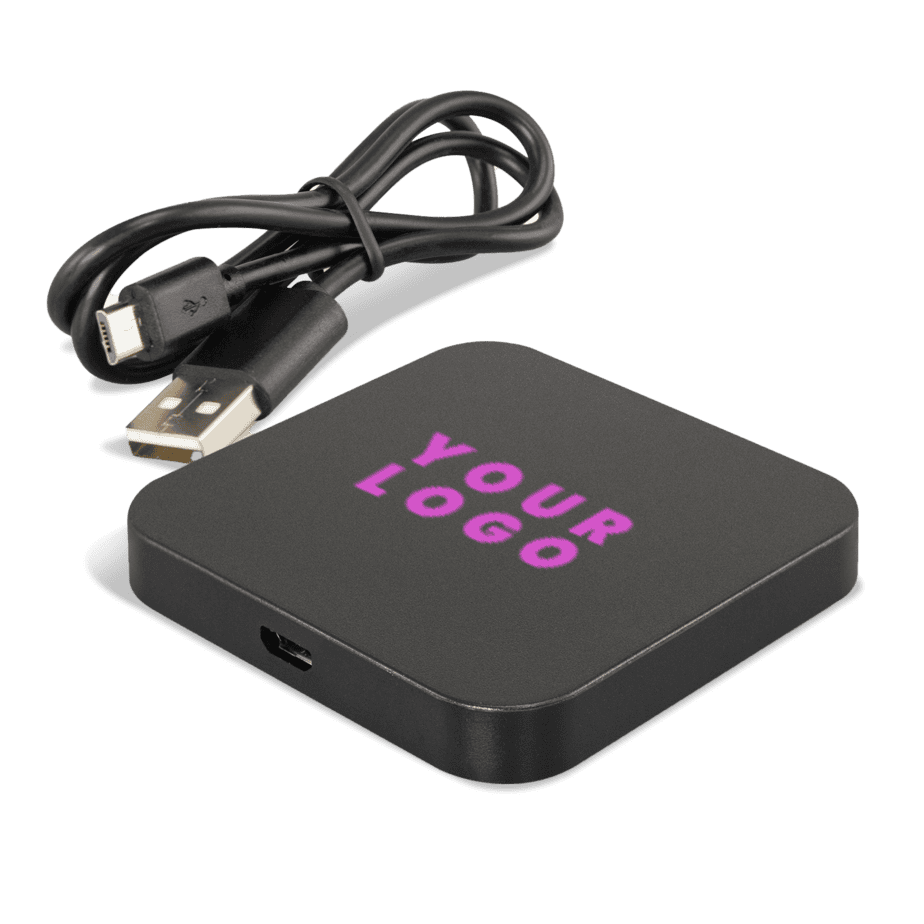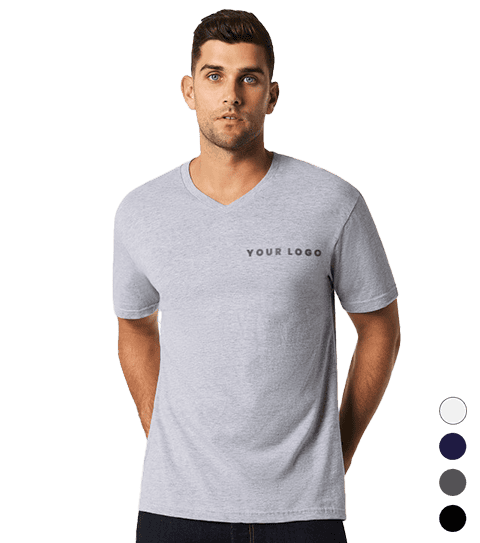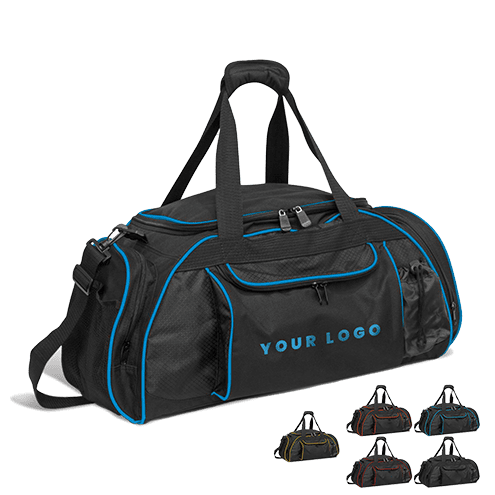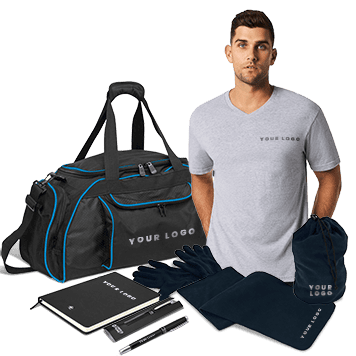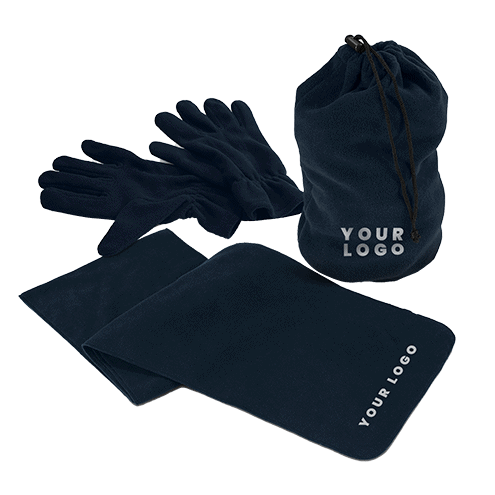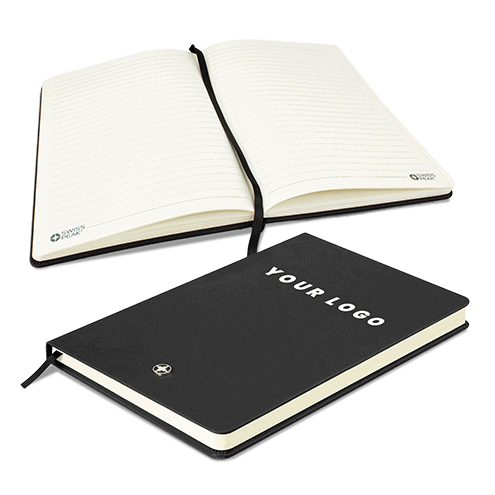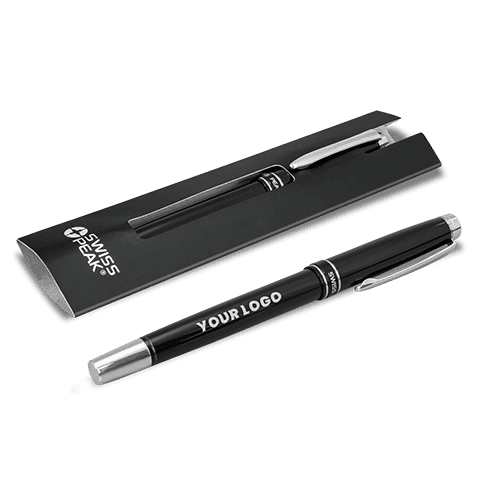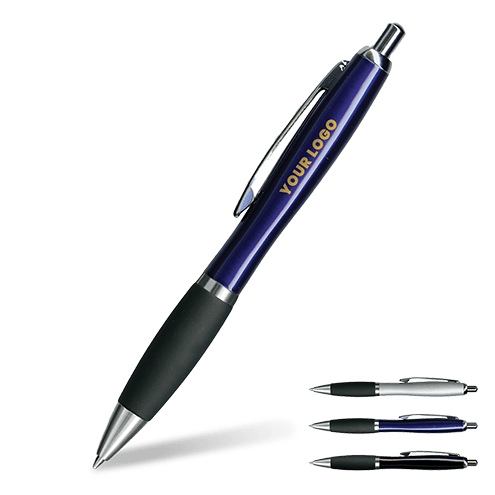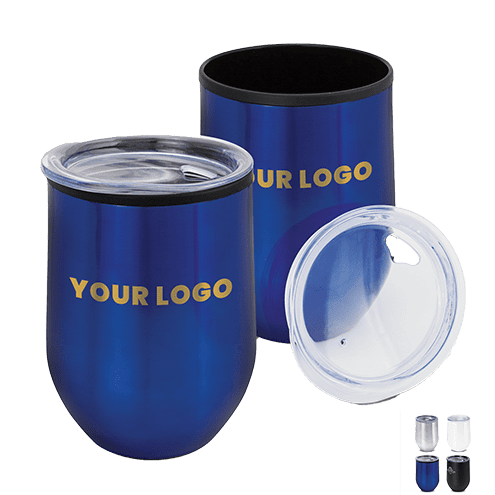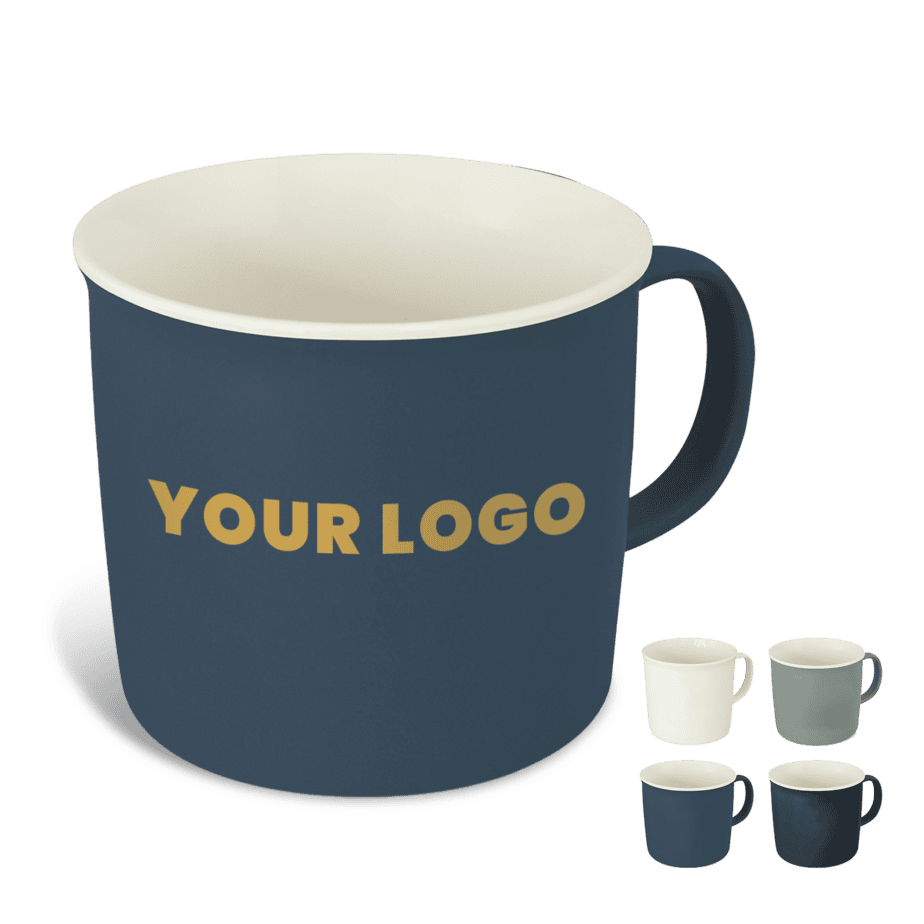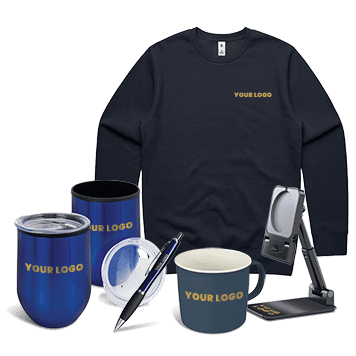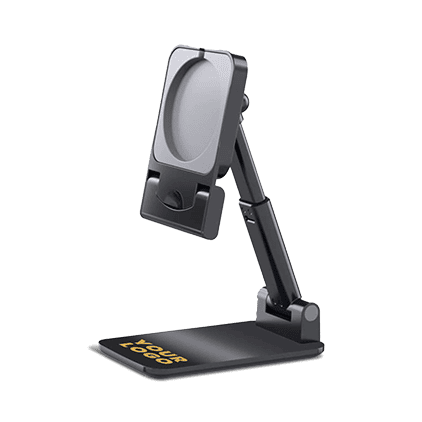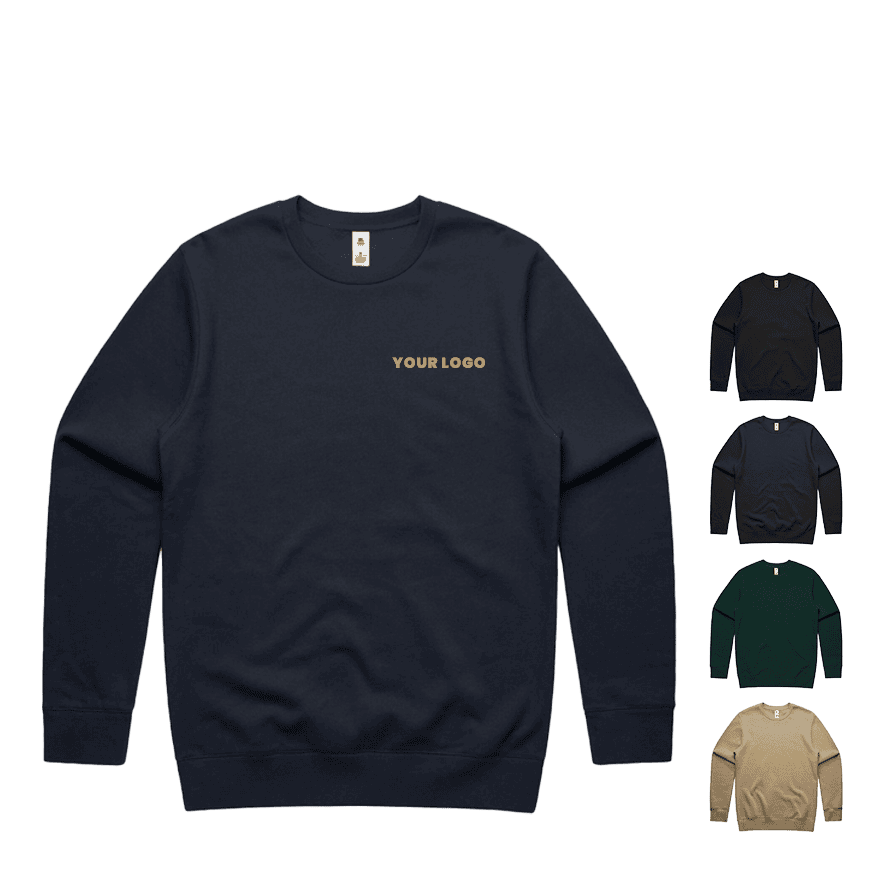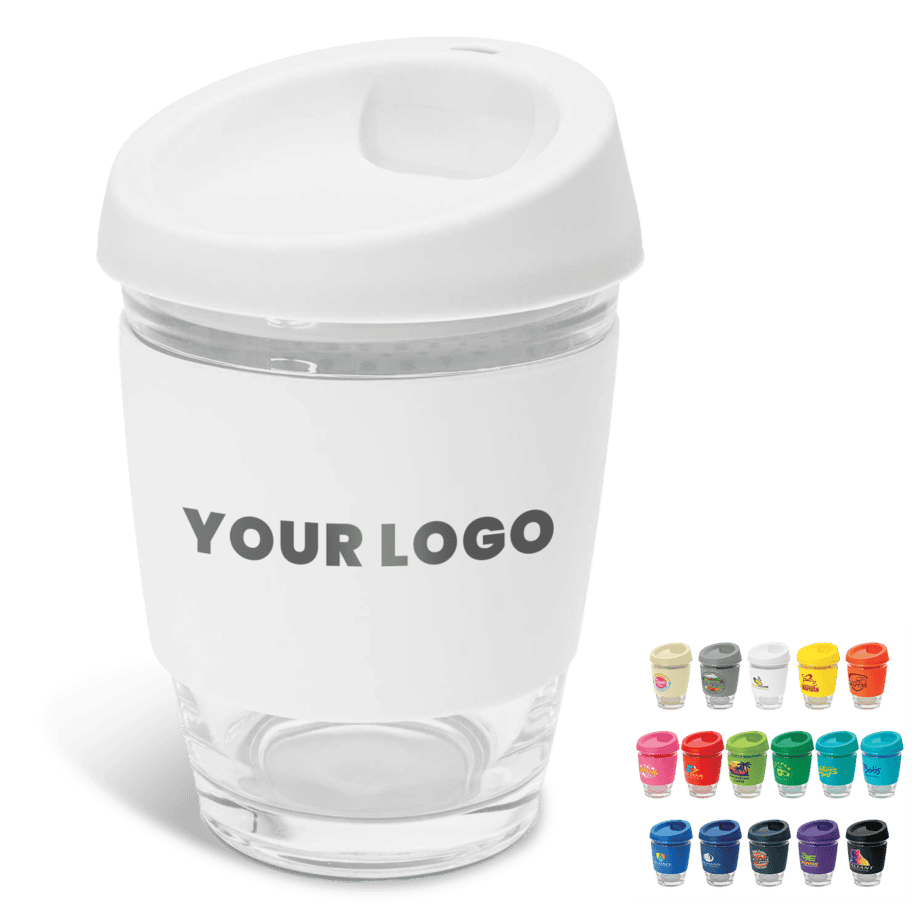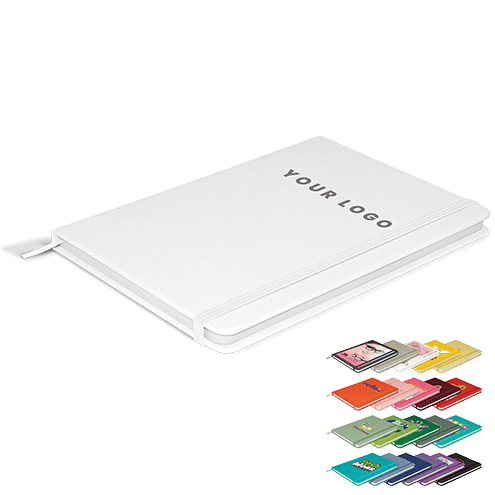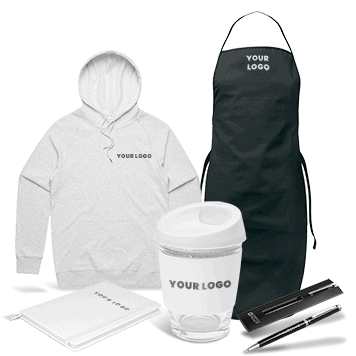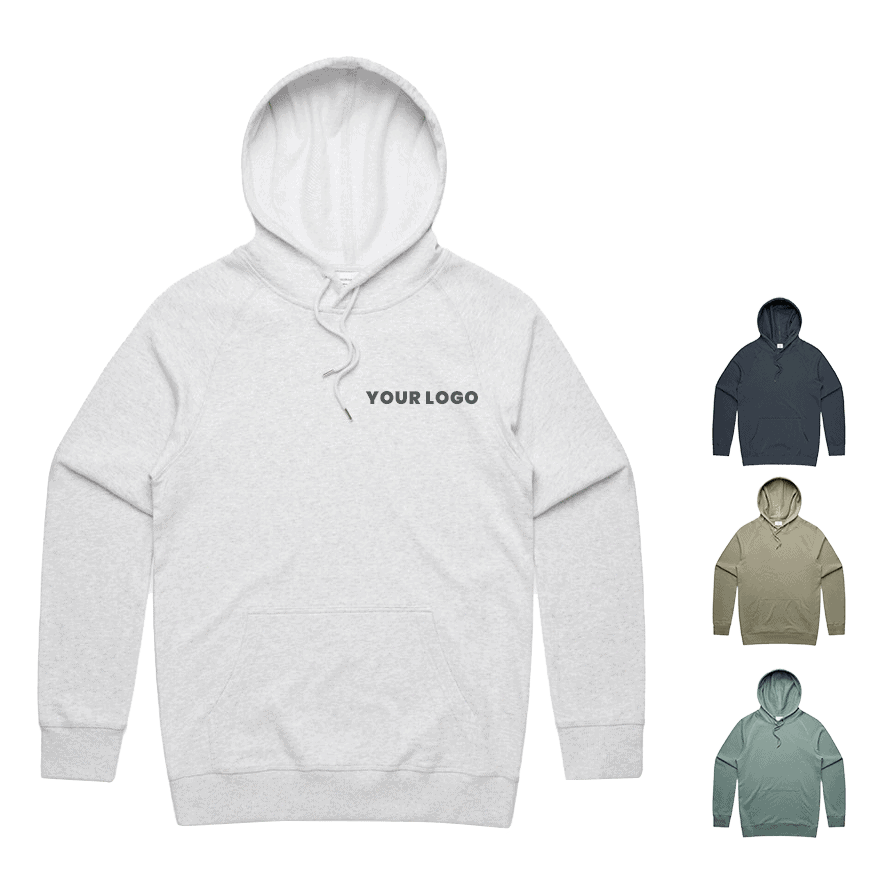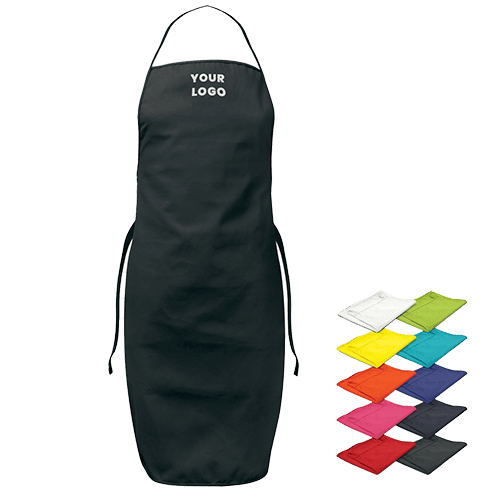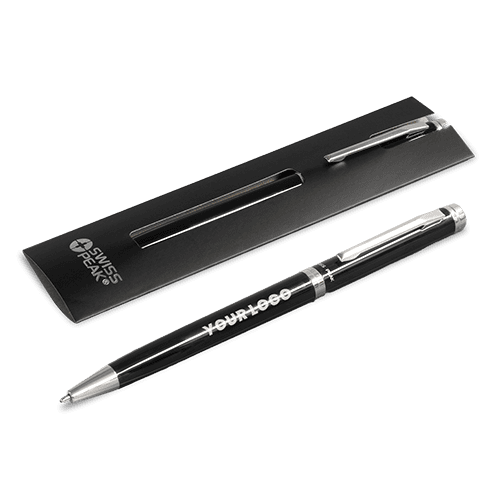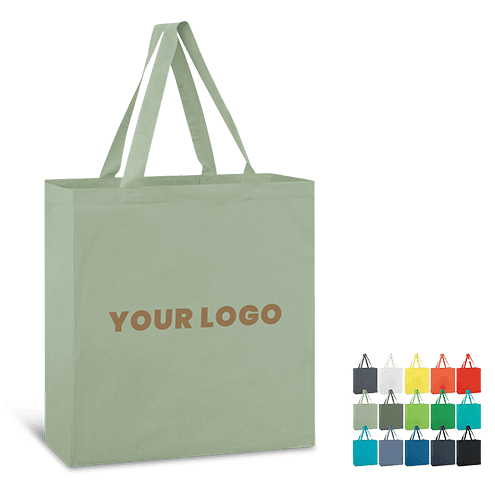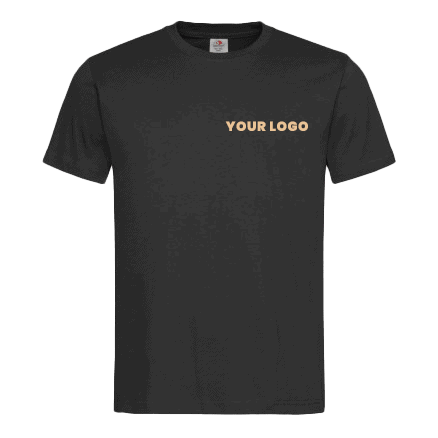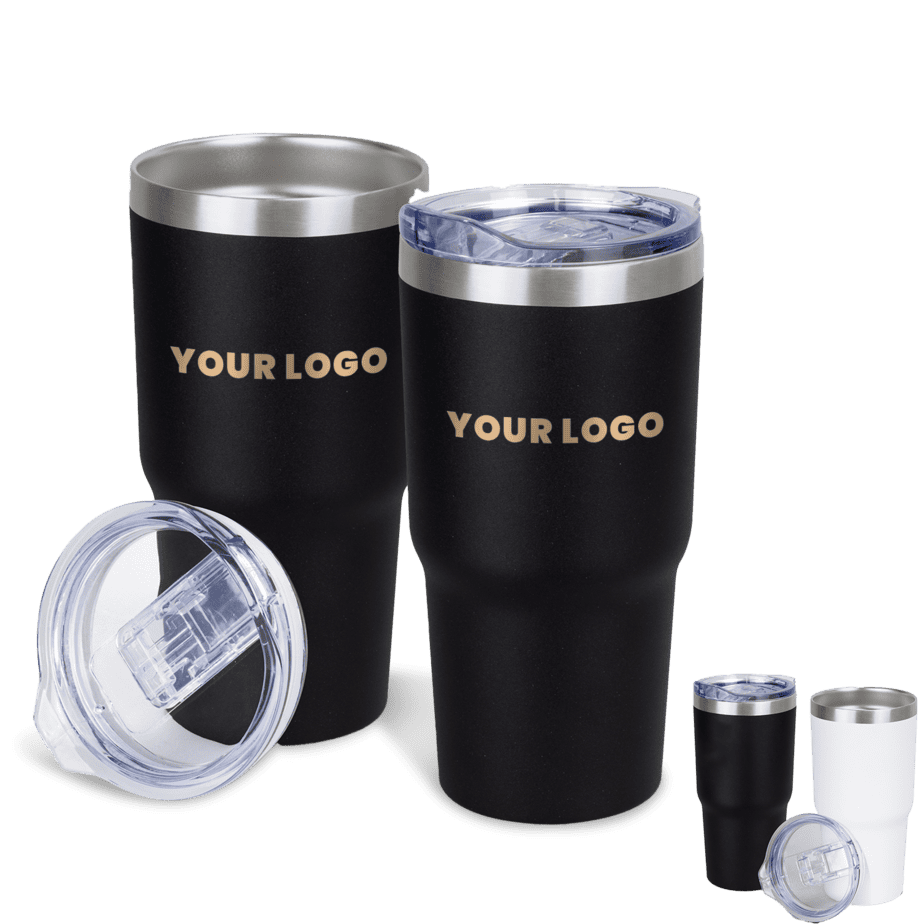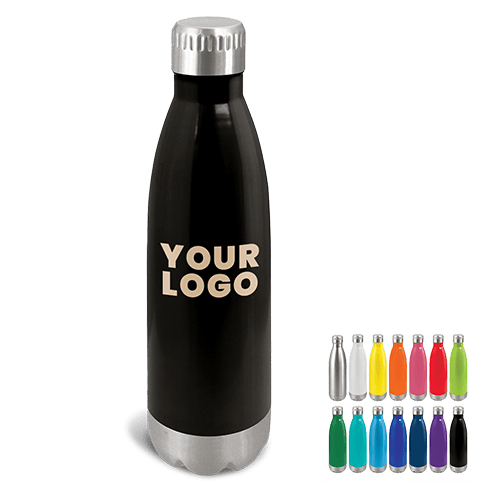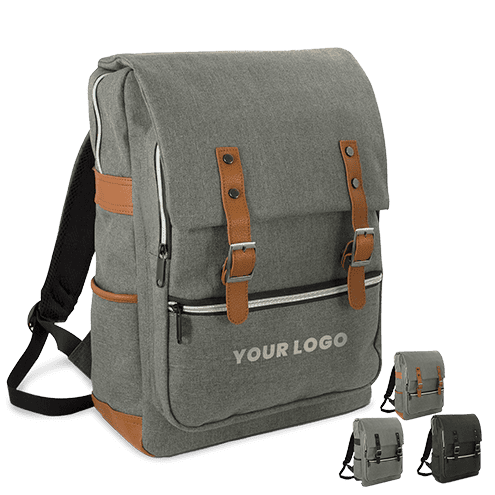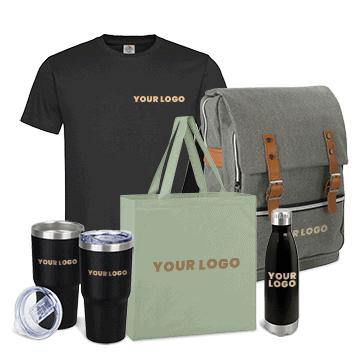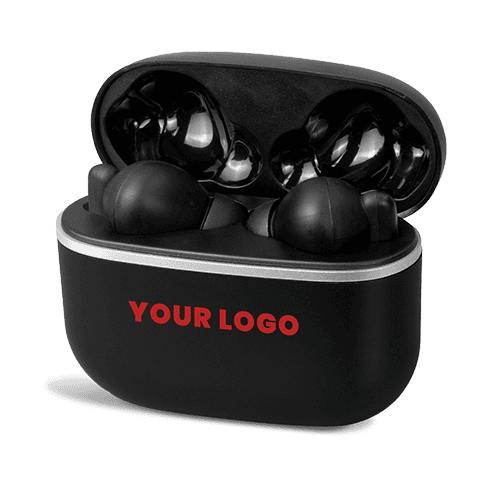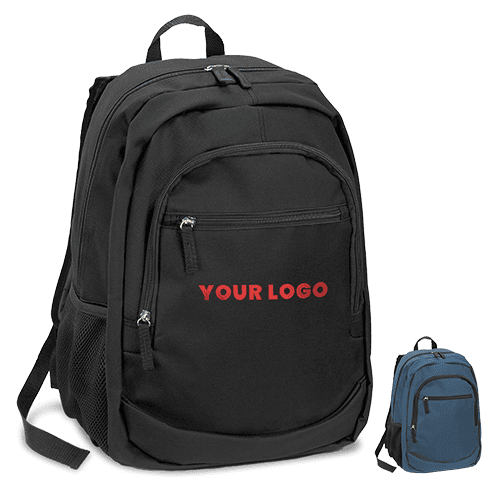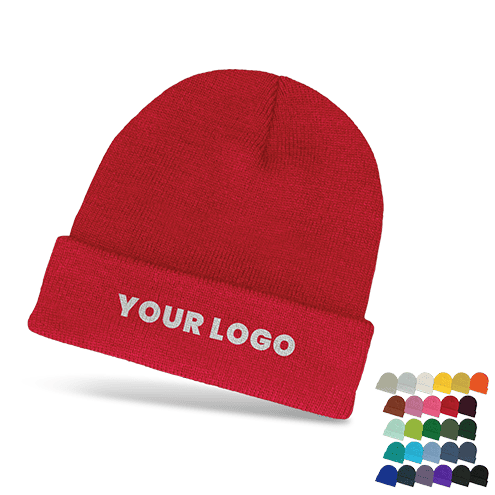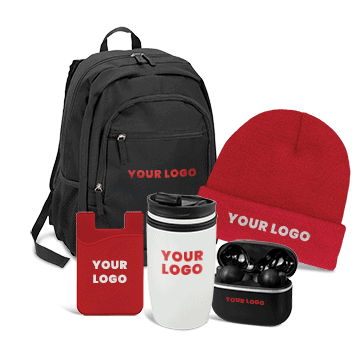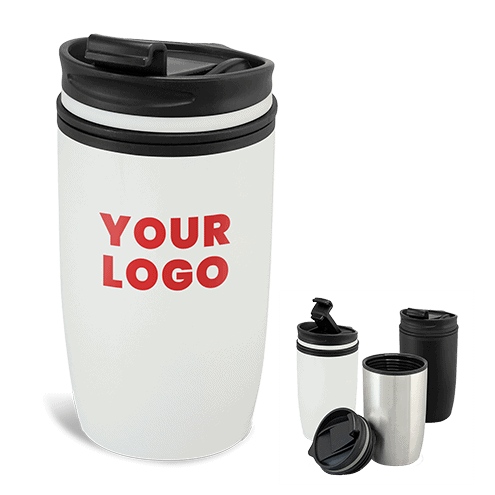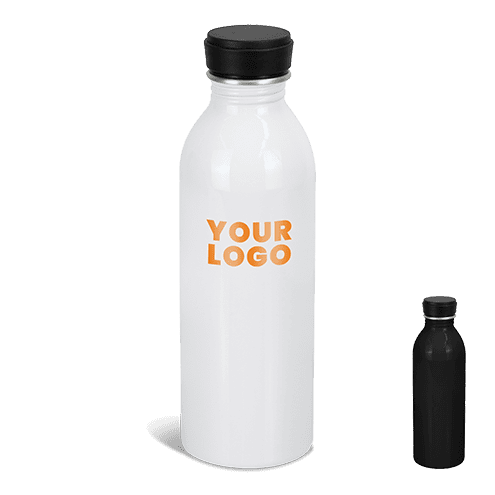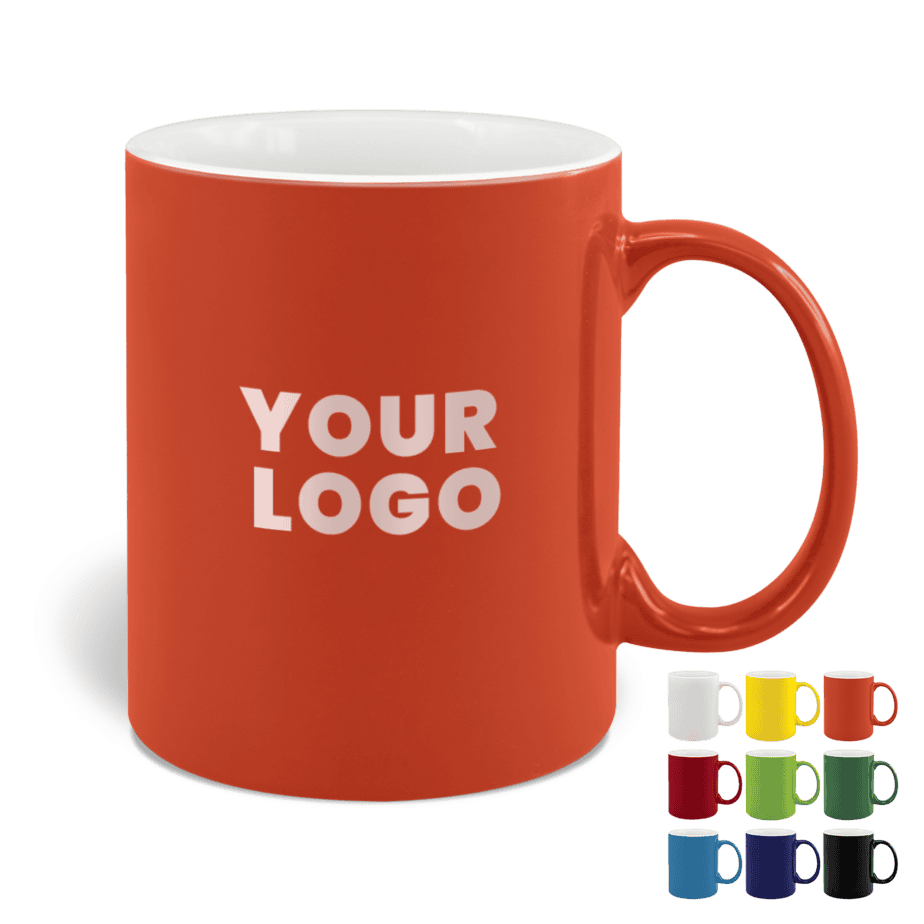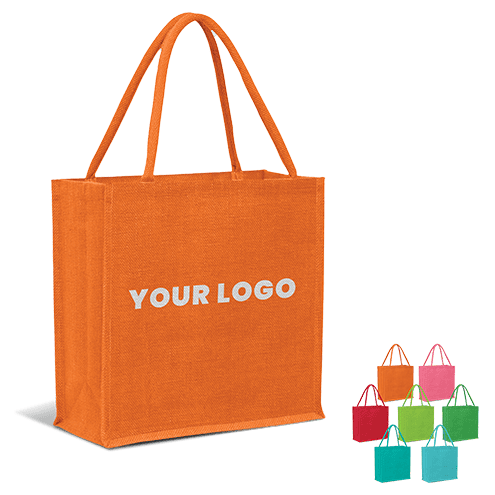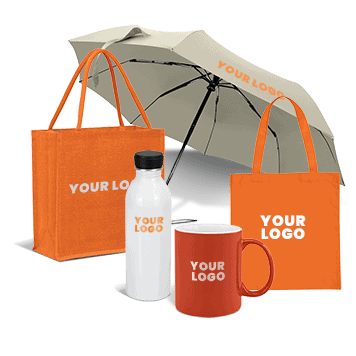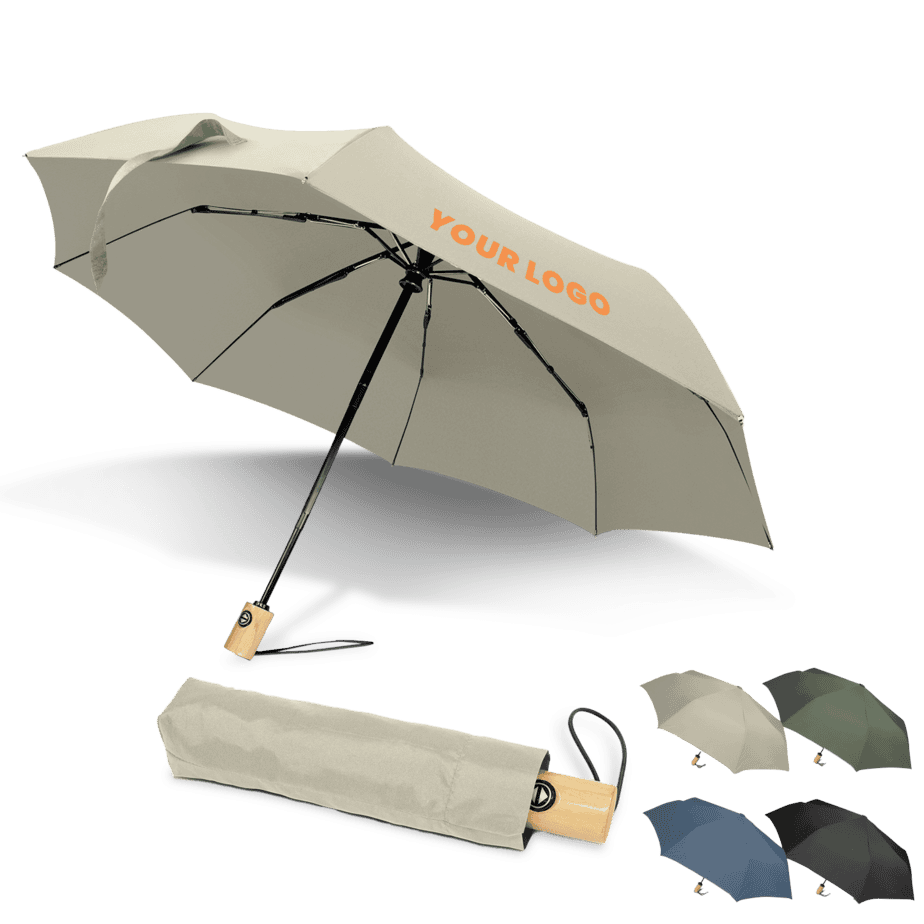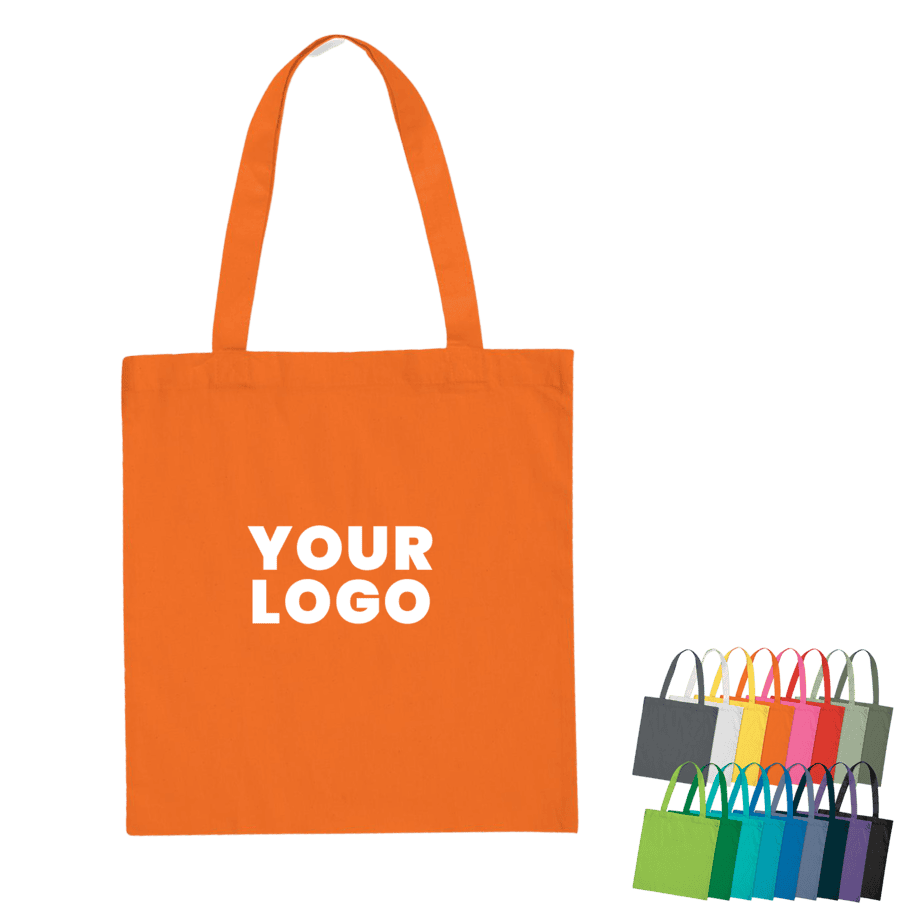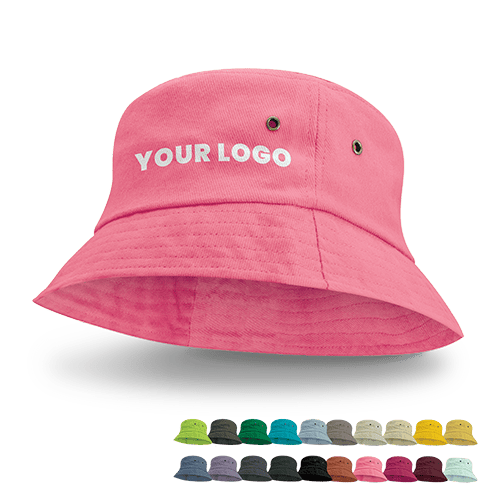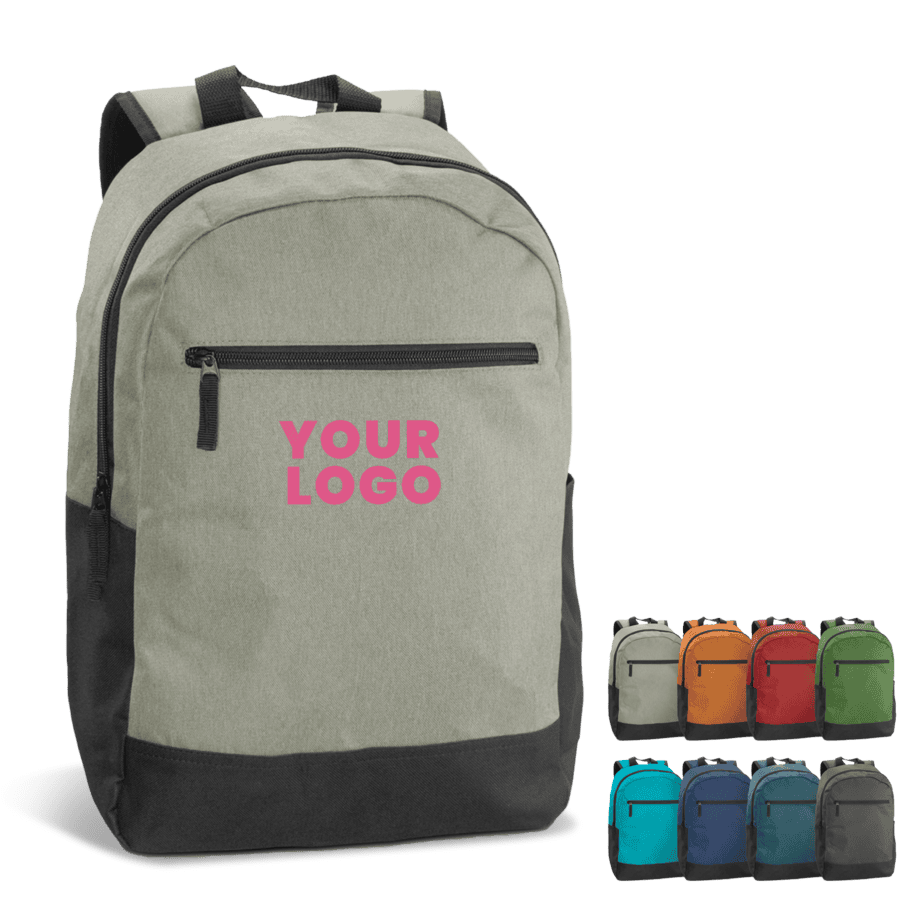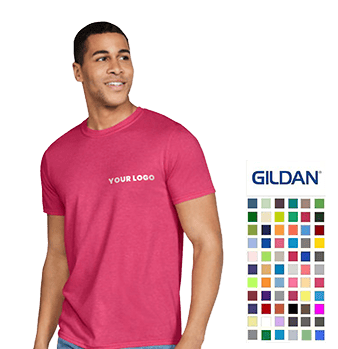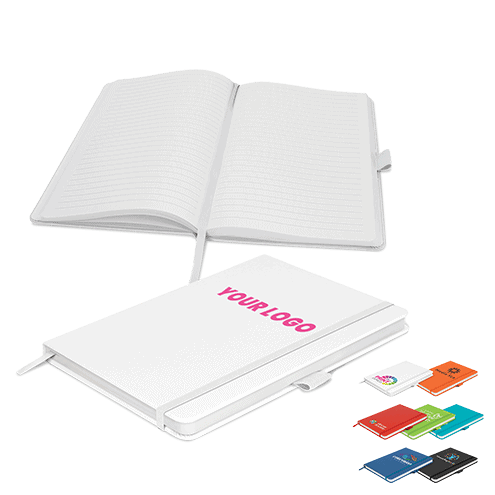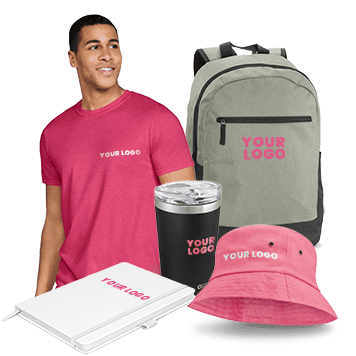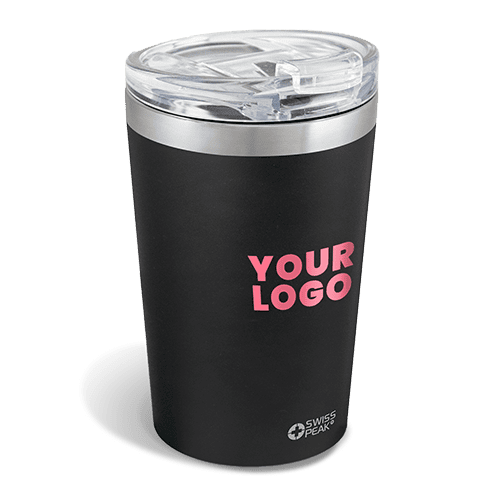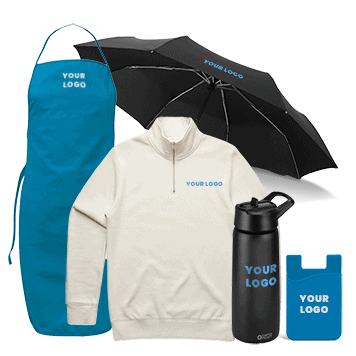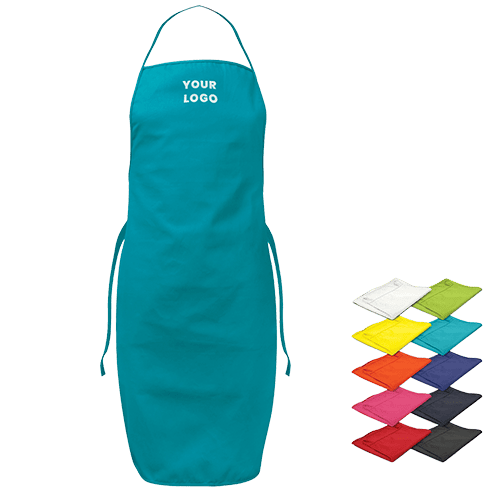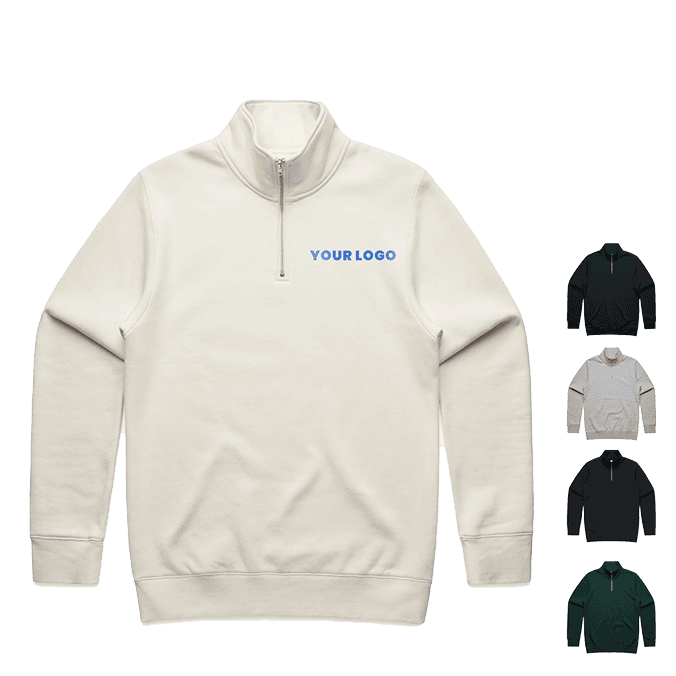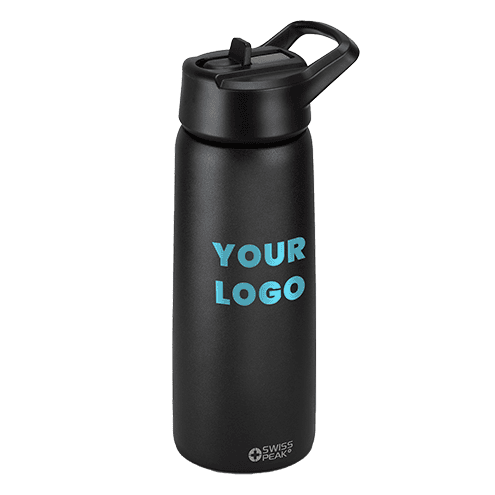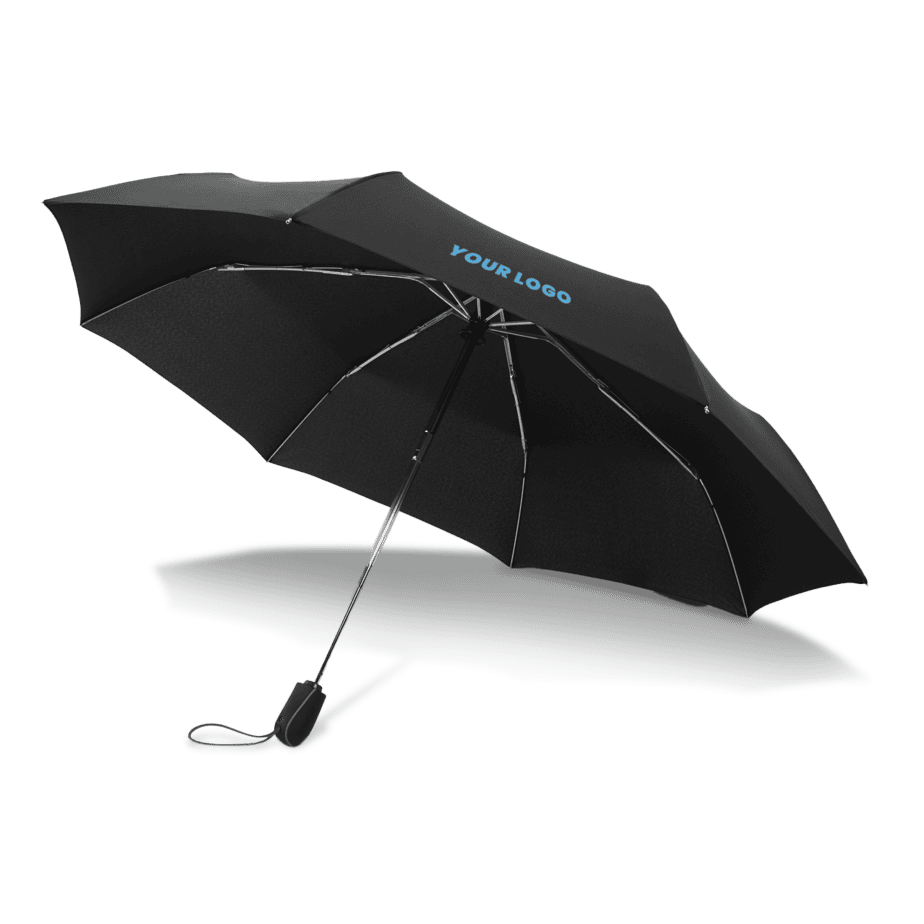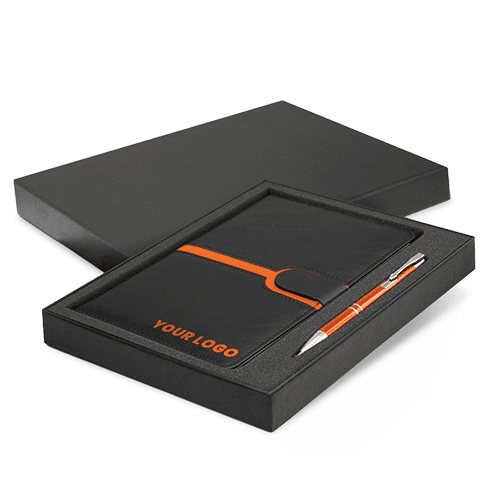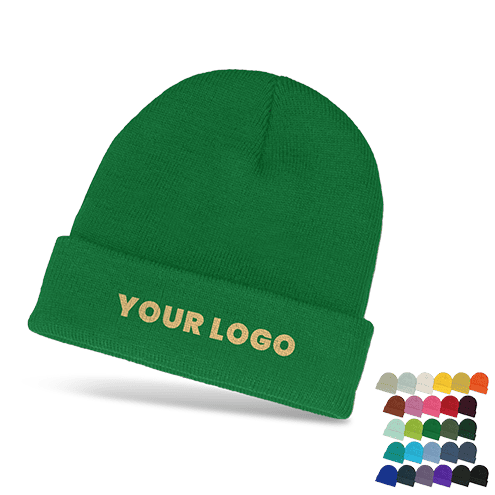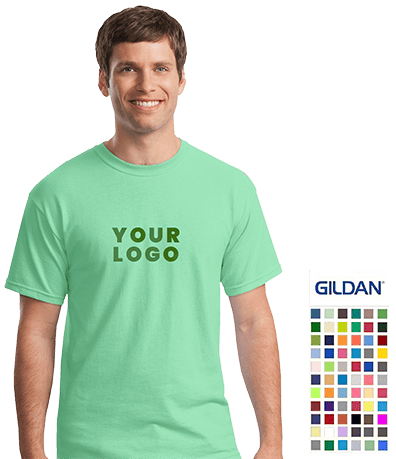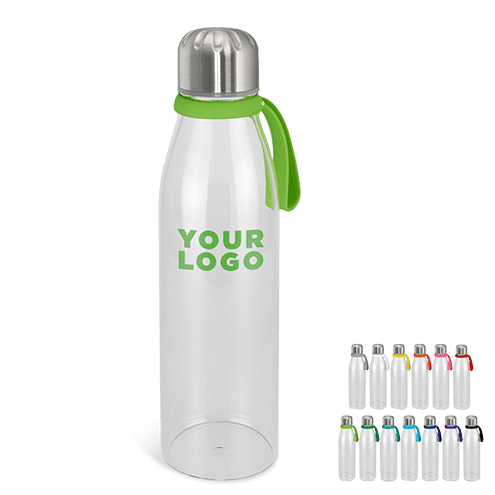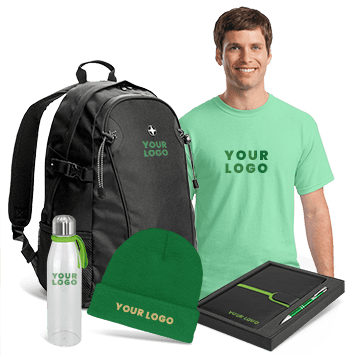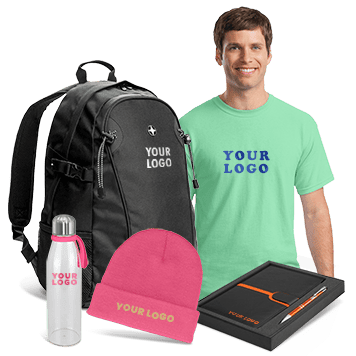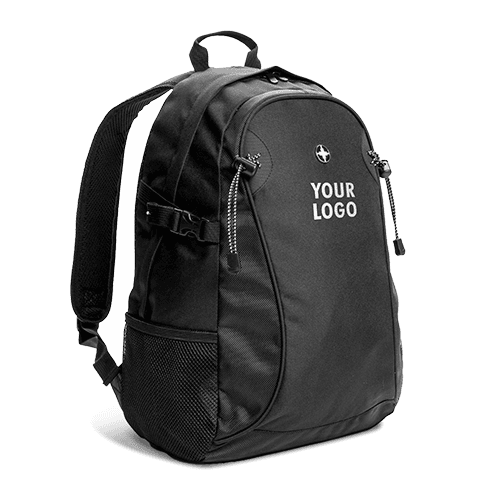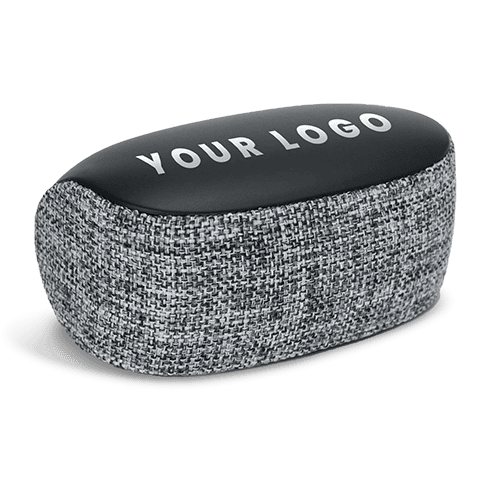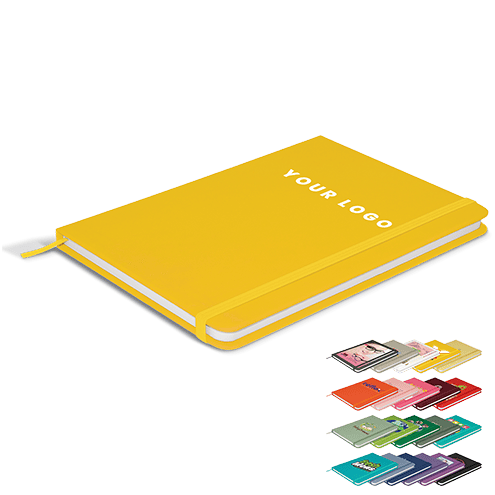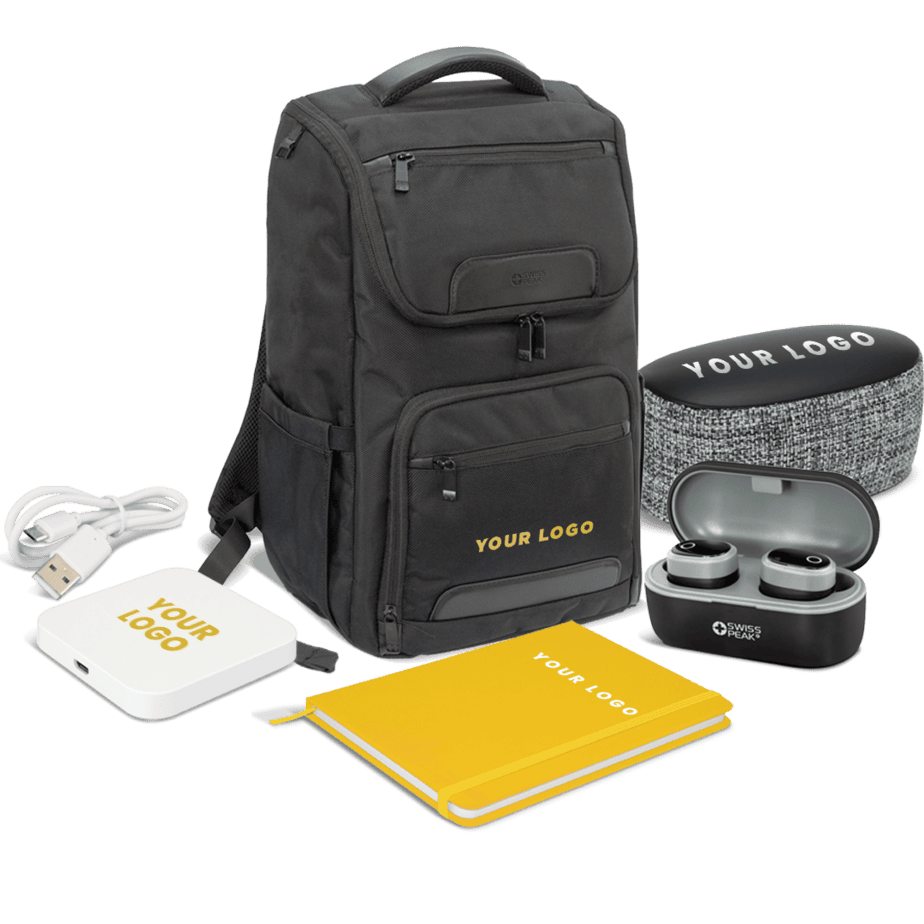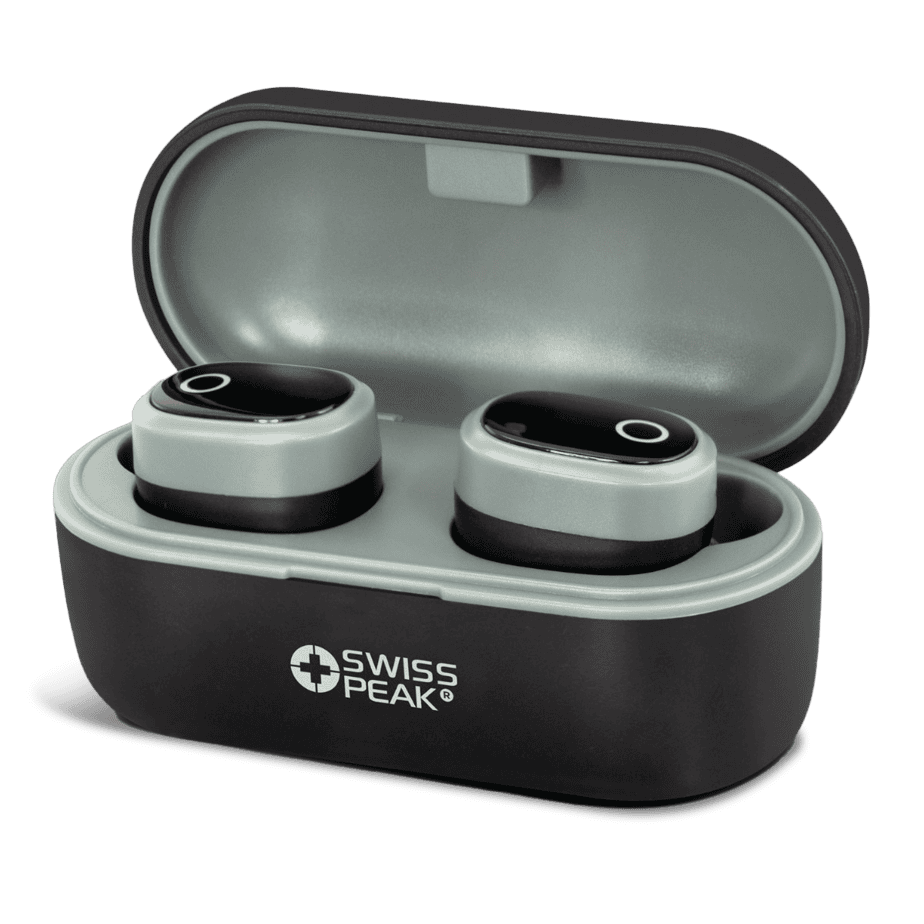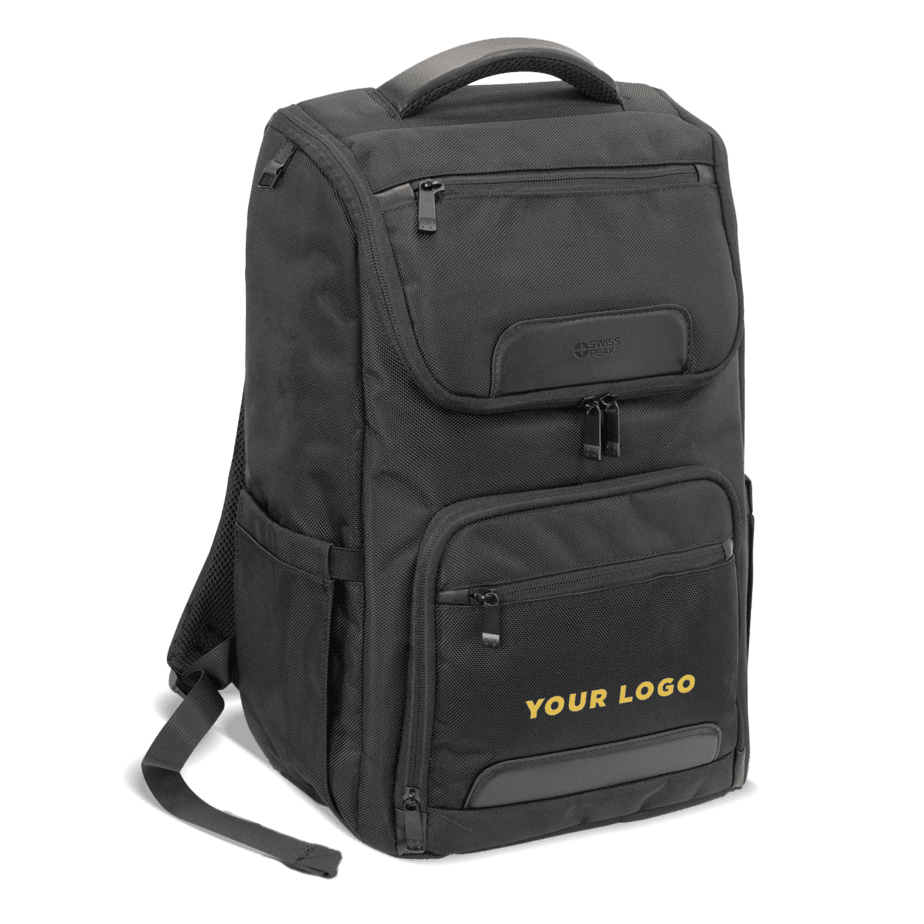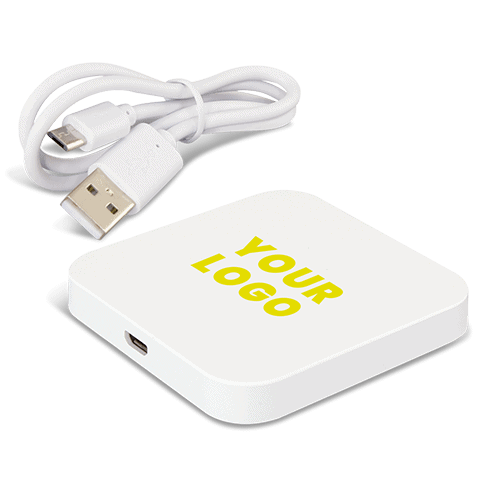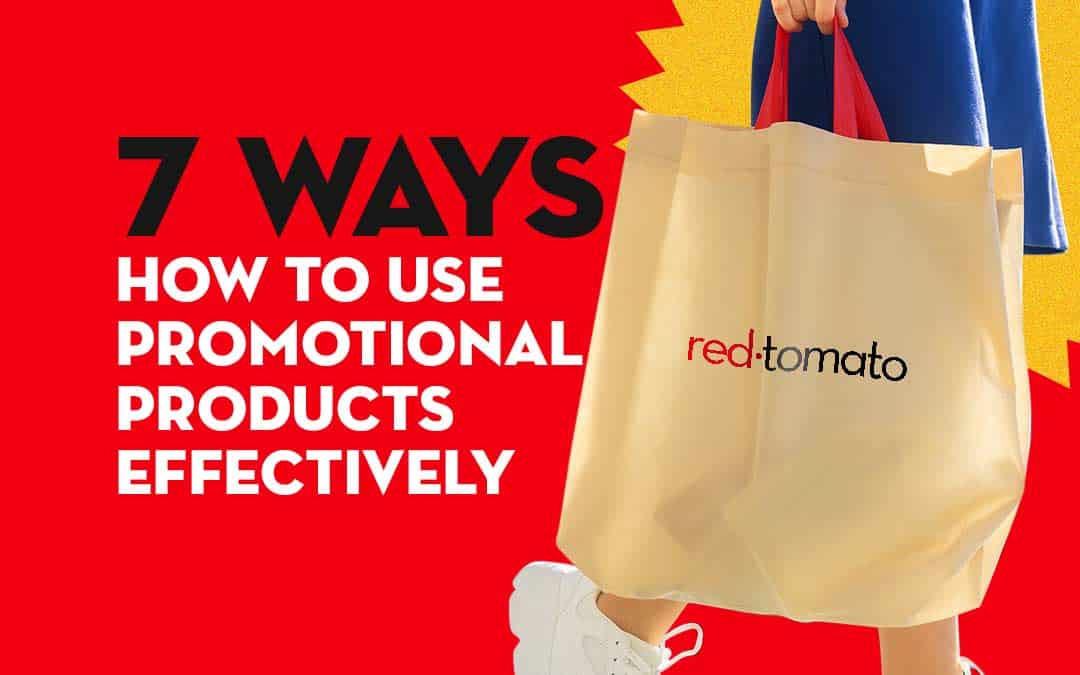
7 Ways How to Use Promotional Products Effectively
Promotional products, often referred to as branded merchandise, have become an indispensable tool for businesses seeking to establish a strong brand identity. These are tangible items, usually imprinted with a company’s logo, slogan, or message that serve as marketing vehicles to leave a lasting impression on target audiences. Typically, promotional products are used as a long-term branding effort or part of event marketing efforts as giveaways.
Unlike marketing activities that are typically geared towards short-term goals like promoting a sale, branded merchandise falls into the continuous strategy of advertising to build long-term brand awareness.
Nailing the execution of promotional merchandise relies on careful selection and strategic implementation. By understanding the nuances of promotional product marketing, businesses can maximise their return on investment (ROI) and solidify their brand reputation.
Here are some tips on using promotional products effectively in your branding strategies and event marketing campaigns.
Define Clear Goals for Your Promotional Products
Promotional products are sometimes treated as one-offs during events and campaigns. But you will see more success if you treat promotional products as an integral part of your overall marketing strategy.
Just like any marketing effort, it’s important to start with defining clear goals. First, determine what your goals are. Do you want to increase brand awareness? Do you want to drive repeat customers? Or do you want to boost employee morale and engagement?
Knowing this is important because it will help dictate what promotional products will work, what your distribution strategy will be, and more.
Know Your Audience
Researching your target audience helps narrow down the kinds of branded merchandise that would best suit them. Conducting market research helps identify key details of your audience such as their age, gender, income level, lifestyle, and hobbies.
Even without getting professional market research done, you should have a clear picture of the characteristics of the people you want as customers.
Ask yourself these questions:
- Where do they live?
- What do they do for a living?
- Do they have children?
- What are their hobbies or things they like to do for fun?
- What are their common pain points?
- How can your product or service answer these pain points?
Choose the Right Products
There are two parts that go into choosing the right promotional product for your brand. The first is about the product’s usability. Branded merchandise is only as effective as the direct value it offers to your audience. The most common items you would see are pens and stationery items because of the innate functionality they give.
The next part is all about choosing a product that aligns and reflects with your brand identity. Promotional products become an extension of your brand so it would create a better impact if it aligns with your products, services, and identity. If you’re a technology-focused company, it would only make sense to have your branded merchandise be tech-related as well such as flash drives or power banks. That way, the product’s use would be better associated with your brand image whenever your customers use the item.
While there are many unique branded merchandise ideas you can try, ultimately the most ideal one is the product that naturally fits in your business’s brand identity. Try to think of what products come to mind when it comes to your business or industry and then customise it to feature your branding.
Integrate with Your Marketing Strategy
Marketing doesn’t happen in a silo. Instead of thinking of branded merchandise as a separate effort, think of it as an extension of your branding strategy. Synergising different marketing efforts and channels into one integrated, multi-channel approach ensures the best success for your campaign.
One example is to incentivise customers to buy more products so that they can get a limited edition branded merchandise item. Another is to encourage user-generated content by including a branded event hashtag on your promotional product to encourage recipients to post photos of themselves together with the freebies.
These are just a few ways on how you can get creative with your cross-channel marketing efforts. When executed right, your marketing strategy can help you reach your goals whether it’s to generate brand awareness or increase customer loyalty.
Leverage Corporate Events and Trade Shows
Corporate events and trade shows are great avenues to utilise promotional products seamlessly as freebies or giveaways. Branded giveaways at events are a great way to:
- Boost engagement by attracting attendees to visit your booth, becoming a point of conversation.
- Build brand awareness through items that the attendees would use long after the event is done, keeping your brand top of mind.
- Generate leads by using the freebies as incentives to leave their contact information
Stand out from the rest of the competition by incorporating unique promotional product ideas like the branded socks done by AIG in a conference. Be creative with your distribution strategy, like for example including QR codes on your branded freebies during trade shows so that they can access an exclusive ebook.
Encourage User Engagement or Social Sharing
People love sharing positive experiences, whether it be through word-of-mouth recommendations or by sharing visually appealing photos. Integrating promotional products into your marketing strategy allows you to benefit from social sharing.
Creative, thoughtful, and uniquely designed branded merchandise can be photo-worthy for your customers to share about on social media. You can offer rewards for users who share photos with your merch and tag your company on social media, adding an interactive element and further encouraging sharing.
Since branded merchandise is very physical, there are a lot of user engagement opportunities you can play around with. Pair your promo products with a branded hashtag challenge on social media to encourage more people to post content. Set up an interactive booth at an event that lets your customers personalise their merch, making it both an engaging and shareable moment for both your brand and your customer.
Track and Measure Success
Once your promotional merchandise has been launched into the world, you would want to know how successful it is. Tracking the effectiveness of promotional products helps you understand their impact on your marketing efforts and that you get a good return on investment.
There are many ways to measure ROI for your promotional merchandise campaigns, depending on what your initial goal is. There are various key performance indicators (KPIs) to measure your success, including:
- Sales generated
- Leads generated
- Repeat customer purchase
- Social media engagement
- Increased event foot traffic
- Retention or referral metrics
- Customer surveys and focus groups
Use a mix of different KPIs to help give you a clearer and complete picture of your overall marketing success.
Lastly, don’t forget to optimise your future campaigns based on the results garnered. This helps ensure that your marketing is relevant and effective in meeting your desired goals.
Conclusion
Promotional products are an important in marketing strategy that brands can use for long-term brand awareness. With a thoughtful design and implementation of your bigger marketing strategy, promotional merchandise can become a powerful tool to extend your brand’s reach and engagement.
Knowing all of these tips can hopefully steer you toward getting your promotional products to bring you closer to your business goals.
Boost your brand and marketing strategy with the help of high-quality and custom promotional products. Contact Red Tomato today and learn how you can get started.


